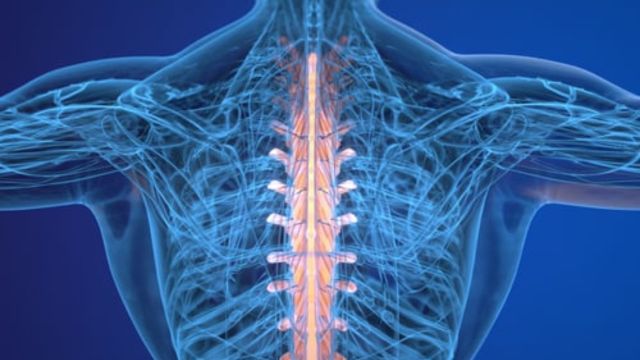In New Jersey, the treatment of substance abuse and addiction is a multibillion dollar industry. However, the State Commission of Investigation’s Dirty Business Behind Getting Clean study discovered that although a large number of locals and their families had benefited from various services and programmes, some had fallen prey to dishonest and unscrupulous practices.
Kathy Hennessy Riley, the associate director for communications and public affairs at SCI, stated, “Abuses by owners, operators, and other professionals are rampant in the addiction rehabilitation industry in New Jersey.”
According to her, there are instances where these procedures hurt patients who were trying to get help.
The commission received charges that the industry was susceptible to manipulation and subversion, which prompted the investigation.
According to the assessment, which was made public today, there was financial wrongdoing and unethical behaviour at every turn of the rehabilitation process.
“In certain cases, it began as early as the overdose victim’s initial meeting with an addiction specialist by their hospital bed, or when they searched online for help,” the overdose victim stated. “We discovered that there were abuses, fraud, and corruption in the addiction-rehabilitation sector at every turn.”
According to Hennessy Riley, the SCI discovered that it was financially advantageous for dishonest operators to keep individuals caught in the cycle of treatment for addiction and relapse.
According to her, reforming the drug misuse and addiction treatment sector won’t be an easy undertaking because supervision is intricate and involves a wide range of companies and experts. According to her, the SCI has recommended strengthening the penalty for breaking the present patient brokering rule and extending its application to health care organisations as well as individuals.
Licencing peer recovery coaches and enforcing laws against fraudulent advertising tactics for drug addiction and treatment facilities are further recommendations.
According to her, the Department of Community Affairs is in charge of overseeing and inspecting sober living houses, the Department of Human Services is in charge of supporting programmes connected to addiction, and the New Jersey Health Department is in charge of overseeing treatment facilities. She suggested that the state reorganise its monitoring and give it more centralization.
The president and CEO of the Better Business Bureau in New Jersey, Melissa Companick, advised anyone who feels deceived or tricked by an addiction treatment facility or agency to submit a complaint with the organisation. They can also get a complaint form by contacting the company at (609) 588-0808.
“They can leave a review so that other people can read about their experience if they’re looking for a specific resolution from the facility that they interacted with,” she added.
Companick advises visiting a facility in advance.
“Check out the ratings and experiences that people have had and reported to the Better Business Bureau,” the speaker stated. “Our team is available to respond to your message, answer your call, and send it out if necessary.”




